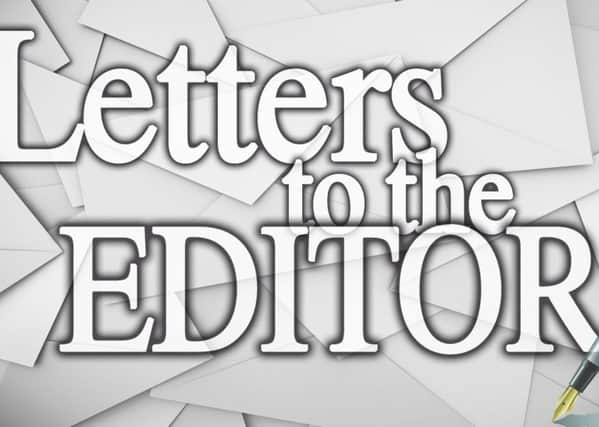Ford should follow legal aid u-turn in England and Wales


As well as controversial contract-tendering, the Tory government had proposed an 8.75% cut to legal aid.
The Justice Secretary acknowledged that “many barristers feared that the commercial model being designed by some solicitors’ firms would lead to a diminution in choice and potentially quality. By not pressing ahead with dual contracting, and suspending the fee cut, at this stage we will…make it easier in all circumstances for litigators to instruct the best advocates, enhancing the quality of representation in our courts”.
Advertisement
Hide AdAdvertisement
Hide AdThe Chair of the Bar Council of England and Wales said that the decision “shows that the Lord Chancellor has listened to the legal profession’s concerns about access to justice”.
A solicitor representing many of the firms taking court action against the changes commented accurately that “reform can happen, but only if it is collaborative rather than imposed”.
The government’s change of heart followed expensive legal challenges, academic, media and judicial criticism and growing evidence of declining advocacy standards.
Mr Gove’s desire to have the best advocates instructed in court and to enhance the quality of victims’ and defendants’ representation contrasts starkly with Justice Minister David Ford’s stated aim for a basic human rights compliant justice system. Not a ‘quality’, ‘excellent’, or even ‘good’ system. A basic one.
Advertisement
Hide AdAdvertisement
Hide AdWith the 8.75% cut in England and Wales described as “swingeing”, it is understandable that lawyers (as well as victims and Defendants) here fear for the quality of representation in our criminal courts if these cuts (some 50% to 66% since 2005) are implemented.
The stakes are high – if any of your readers or their family members are unfortunate enough to either be accused of a serious crime or are the victim of a serious crime, they need quality lawyers to properly represent their interests.
Will the minister now recognise the importance of quality advocacy in the criminal courts?
Will he acknowledge the need for a collaborative resolution, rather than an imposed one? David Ford still has it within his gift to make a decision similar to that of his British counterpart and cancel his cuts.
Advertisement
Hide AdAdvertisement
Hide AdA decision to protect quality advocacy in the criminal courts. A decision to put victims and defendants front and centre, rather than continuing an ideological assault on lawyers .
In short, the minister can not only make a brave decision, he can make the right decision.
Declan P Quinn BL, Bar Library, Belfast